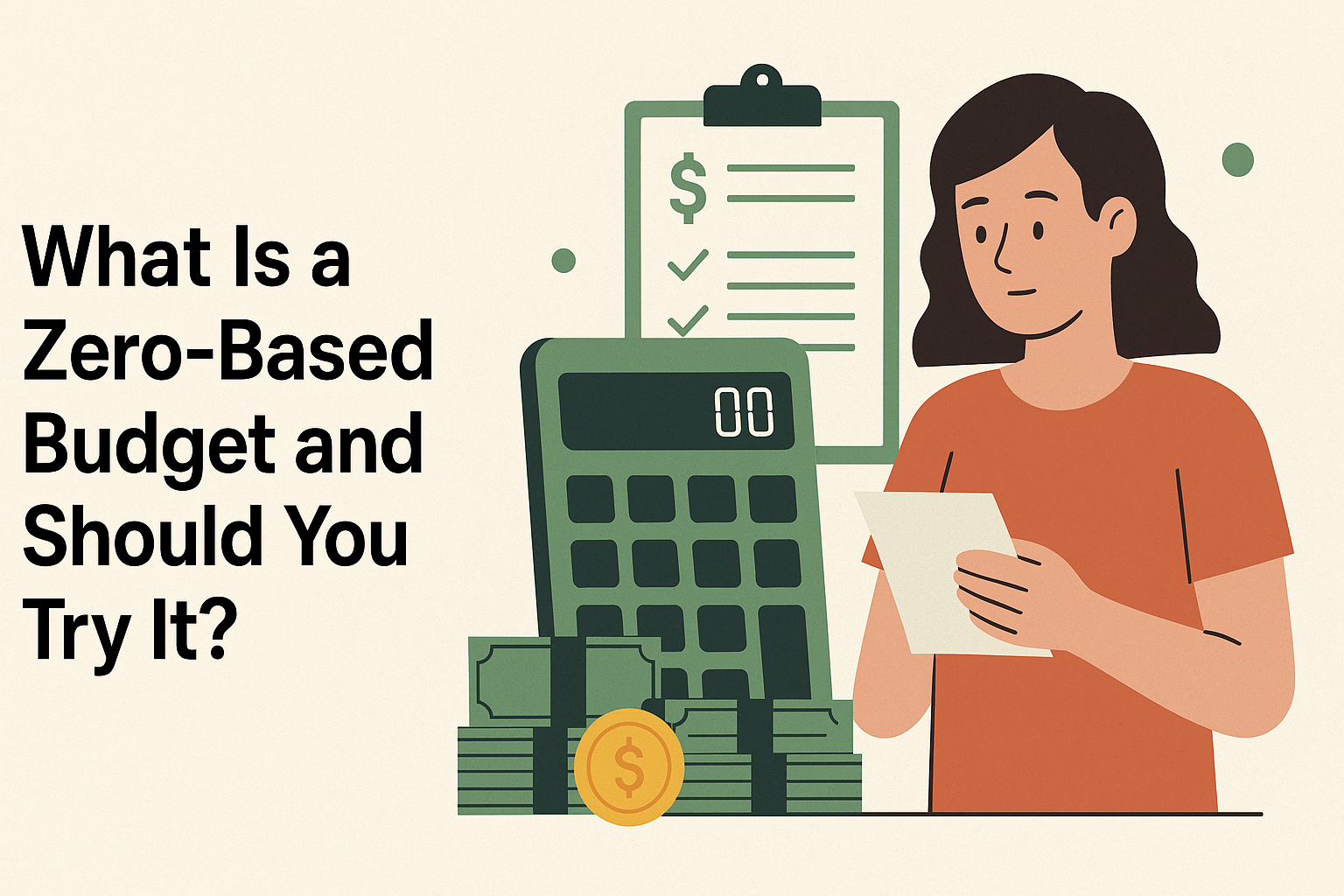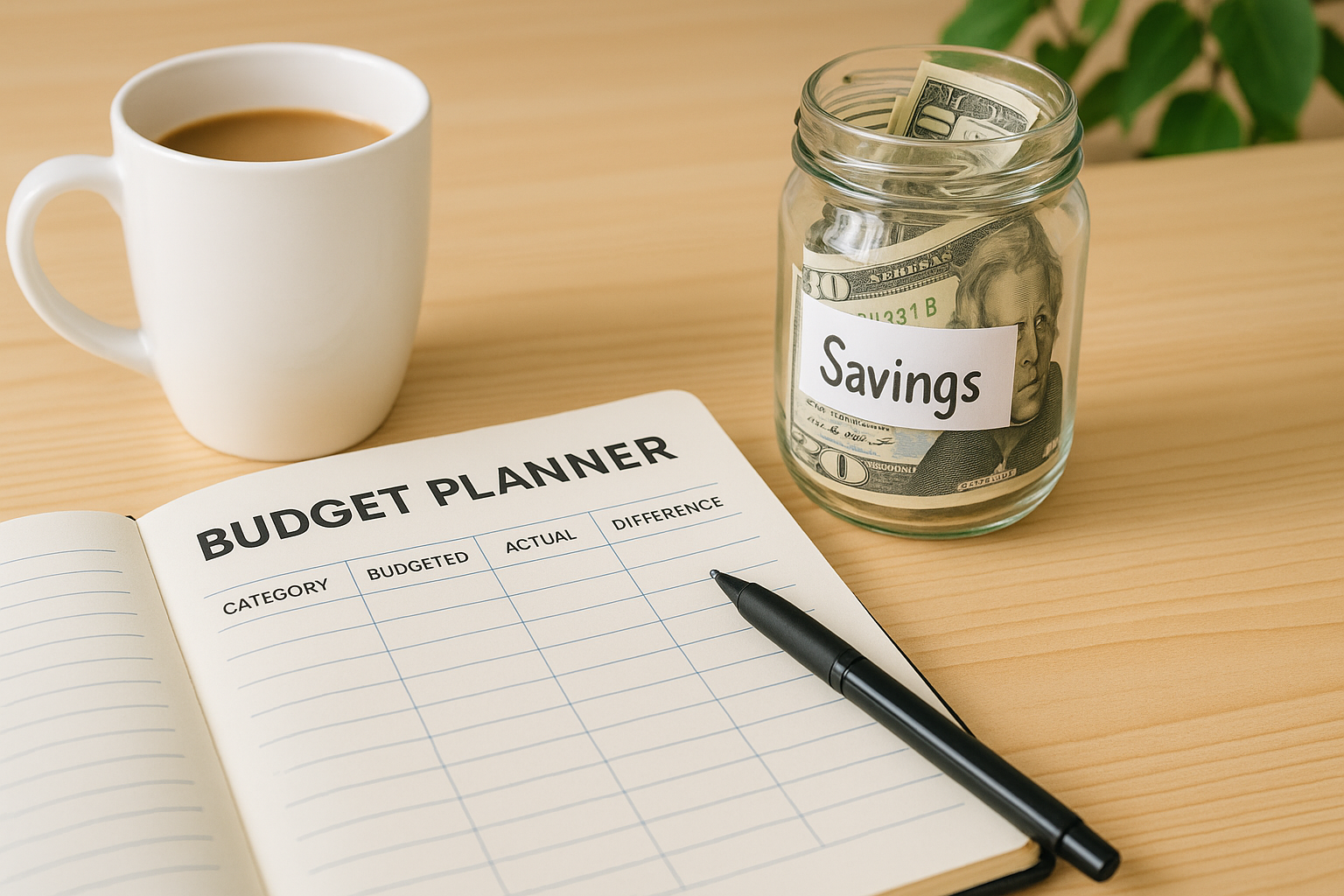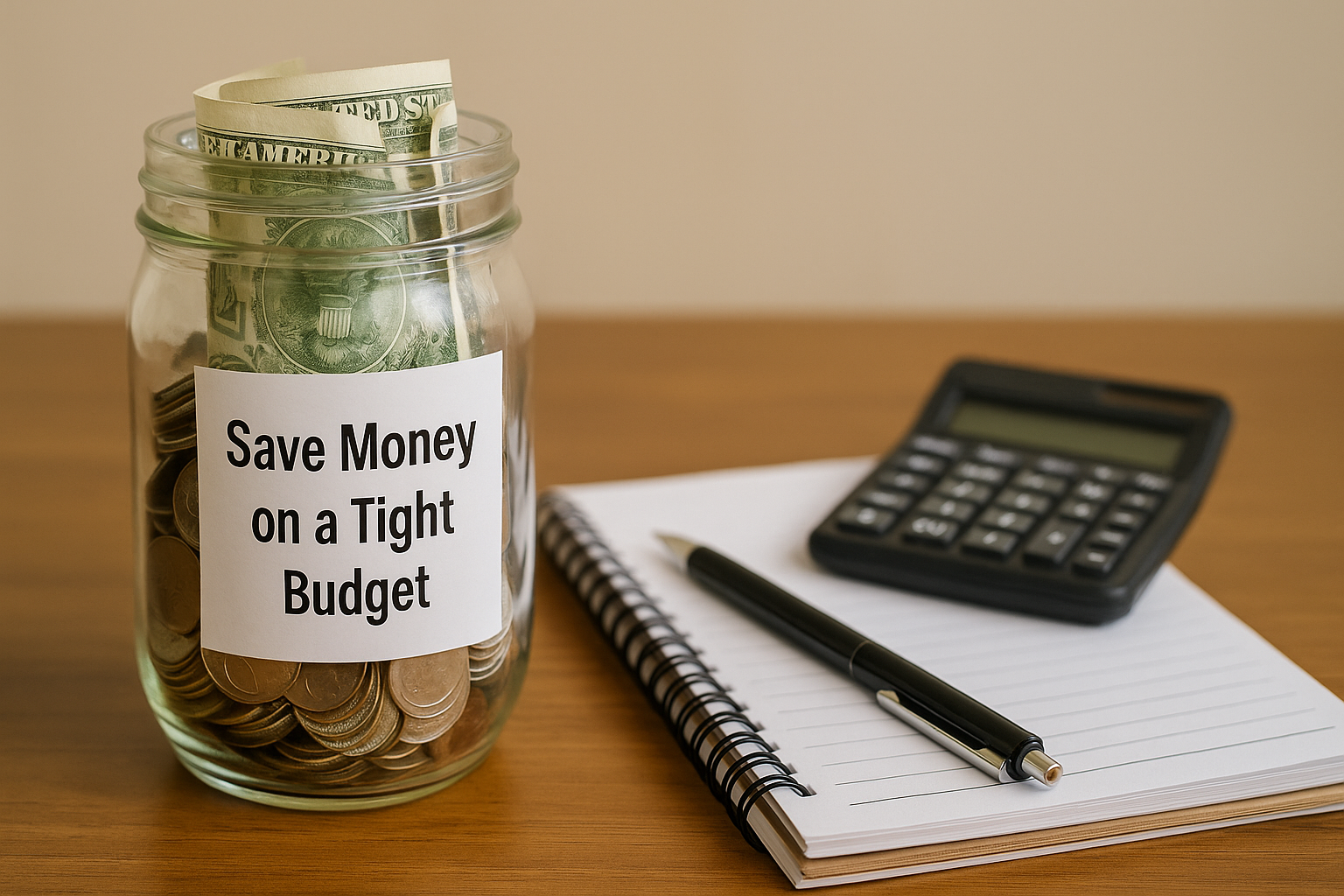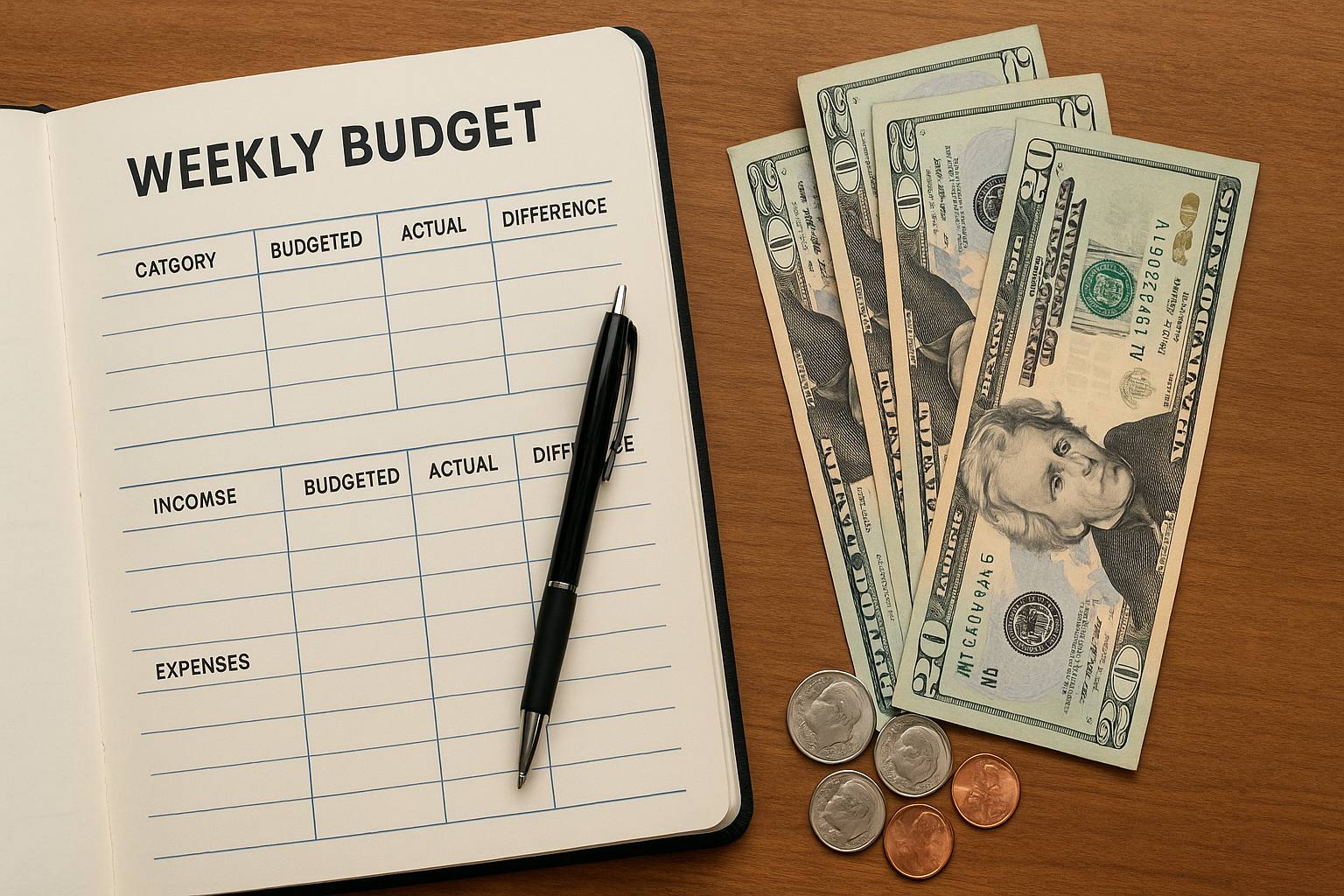When it comes to managing your money, there are numerous budgeting methods out there. One of the most effective—and often misunderstood—is the Zero-Based Budget (ZBB). Unlike traditional budgeting, where you allocate a set amount to each category, a zero-based budget requires you to assign every dollar of your income to a specific purpose, down to zero.
It might sound intense, but it can be an incredibly powerful way to take control of your finances. Let’s dive into what a zero-based budget is, how it works, and whether it’s the right fit for your financial goals in the U.S.
What Is a Zero-Based Budget?
A zero-based budget is a budgeting method where you allocate every dollar of your income to specific expenses, savings, or debt repayment—leaving you with zero dollars left over at the end of the month.
In simpler terms: you don’t budget based on your expenses from last month or a set amount for each category. Instead, you start from zero and assign every dollar a job. This method forces you to be intentional with your spending, making sure that no dollar goes unaccounted for.
How Does a Zero-Based Budget Work?
Here’s the step-by-step process to implement a zero-based budget:
-
Determine Your Income
Start by calculating your total monthly income after taxes. This includes your salary, freelance earnings, side hustle money, or any other sources of income. -
List All Expenses
Next, list all your expenses. Break them down into fixed (e.g., rent, utilities, car payment) and variable (e.g., groceries, dining out, entertainment) categories. -
Assign Every Dollar a Purpose
Every dollar should be assigned to one of the following categories:-
Needs (fixed costs, essentials like housing, groceries, utilities)
-
Wants (entertainment, dining out, shopping)
-
Savings & Debt Repayment (emergency fund, retirement savings, student loan payments)
-
-
Adjust Until You Reach Zero
Once you’ve listed all your expenses and savings, adjust the amounts in each category until your total equals zero. You can play around with this based on priorities. If you need to allocate more to savings, reduce your entertainment budget. -
Track Your Spending
Throughout the month, keep track of your expenses to make sure you’re staying within your budget. Update your categories if anything changes.
Benefits of a Zero-Based Budget
1. Full Control Over Your Money
By giving every dollar a job, you’ll know exactly where your money is going each month. You won’t be left wondering where your paycheck went or feeling like you can’t account for unexpected expenses.
2. Increased Awareness of Spending
Zero-based budgeting encourages mindfulness. Because you have to justify each expense, you’ll become more aware of your spending habits and where you might be overspending.
3. Prioritize Your Financial Goals
With ZBB, you’re able to make sure your financial goals (like saving for a house or paying off debt) are always prioritized. You’ll be less likely to splurge on things you don’t need because your money is already assigned to important goals.
4. Flexibility
Although ZBB requires you to track every dollar, it’s also very adaptable. If something comes up mid-month, you can move your budget around. For example, if you spend less on groceries than expected, you can move the extra dollars into savings or use them to pay off debt faster.
Drawbacks of a Zero-Based Budget
1. Time-Consuming
Setting up and maintaining a zero-based budget can take more time than other budgeting methods. You need to track every expense and adjust regularly, which can feel tedious, especially if you have a busy schedule.
2. Requires Discipline
The zero-based budgeting method requires strong self-discipline. If you’re not consistent with tracking your expenses, it could become difficult to stick to. It may take some practice to get into the habit of updating your budget regularly.
3. Doesn’t Leave Room for Flexibility
Because the idea is to give every dollar a job, there’s little room for flexibility. If you don’t stick to the plan, it could cause stress or lead to over-spending in categories.
Should You Try a Zero-Based Budget?
The zero-based budget method can work for many people, but it’s not for everyone. Consider trying it if:
-
You want full control over your finances.
If you’re someone who likes to plan and track every dollar, ZBB can be a great way to make sure your money is going exactly where you want it to. -
You have clear financial goals.
ZBB is perfect for people who have specific goals, such as paying off debt, saving for a down payment, or building an emergency fund. The structure helps prioritize these goals. -
You’re willing to invest time in tracking.
This method works best for those who are comfortable with a more hands-on approach to budgeting. If you’re willing to spend the time tracking expenses, updating categories, and adjusting as necessary, ZBB can be very effective.
Final Thoughts
The zero-based budget method can be a powerful tool for managing your money and reaching your financial goals. However, it’s important to consider whether you’re ready to commit to the time and discipline it requires. If you want full control over your finances and are prepared to be diligent, then ZBB might be the budgeting strategy for you.
Start small, track your spending, and remember: it’s not about perfection—it’s about making progress.
Ready to give zero-based budgeting a try? Subscribe to Active With Us for more budgeting tips and financial insights!




